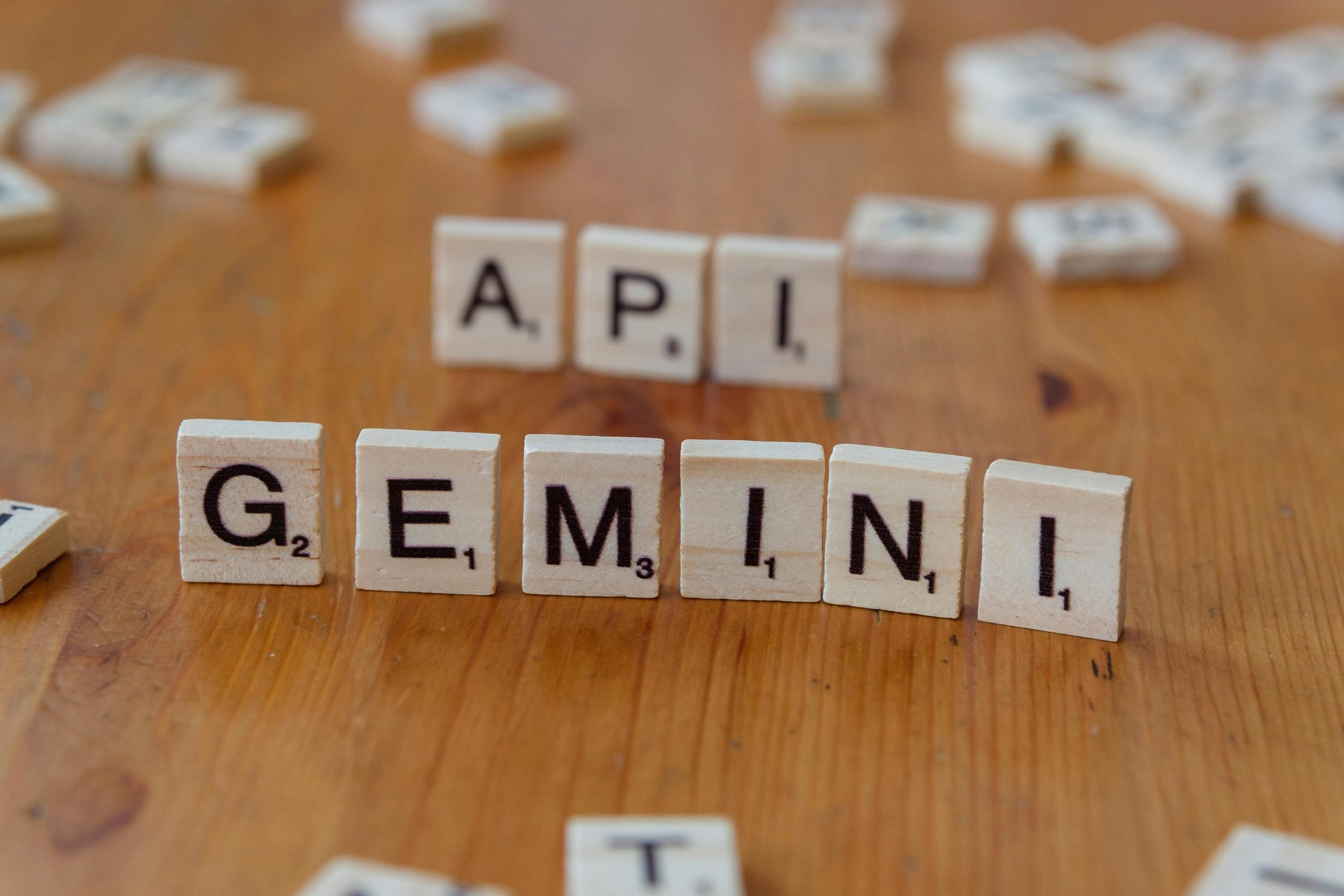I’m officially in the “I won’t be necessary in 20 years” camp
The Future of Human Creativity and Leadership in an AI-Driven World
As a seasoned CTO working in a small startup environment, I’ve reached a pivotal realization about the evolving role of artificial intelligence in the tech industry—and perhaps in society at large. After extensively integrating AI tools into my daily workflows, I’ve come to believe that the traditional notions of human necessity in coding, decision-making, and leadership are shifting dramatically.
Today, I find that approximately 95% of the code I produce is generated or heavily influenced by Claude, an advanced AI assistant. From strategic planning and idea generation to code reviews and architectural decisions, these AI-driven processes provide insights and feedback that often surpass my own. My current role has become less about creating and more about guiding: proposing ideas, adjusting plans, and orchestrating projects, all while relying on AI to handle the heavy lifting.
This transformation challenges the previously held belief that uniquely human qualities—such as intuition, taste, emotional intelligence, and relationship-building—are the defining edges in our work. While these attributes remain important, increasingly, they seem to be supplemented or even replaced by AI capabilities. I’ve observed firsthand that even subjective elements like taste are subject to training and refinement through AI.
The pace of technological progress is staggering. No matter how much I meditate on critical thinking or emotional depth, I can’t keep up with the velocity of innovation AI is bringing about. I worry that human leadership and charisma—traits once thought indispensable—may soon be confined to a select few, possibly only a handful of individuals worldwide who possess the necessary skills or influence to operate at that level.
This ongoing shift has led me into some introspection, bordering on an existential crisis: Am I still relevant? Am I still useful? Regardless of these doubts, I remain committed to adaptation and continuous learning.
Additional Insights:
-
A significant portion of this reflection was authored by me, with about 20% refined by AI tools. If anyone wishes, I can share the original thread or draft.
-
My professional background includes research engineering roles from 2016 to 2022, collaborating with top-tier scientists on machine learning operations well before the advent of ChatGPT.
-
I first started using ChatGPT in late 2022 and have since integrated various AI advancements into my routines. Initially skeptical of AI agents, I’ve been humbled by their exponential growth and capabilities.
-
I’ve followed thought leaders like Simon Willison for nearly a decade, gaining valuable insights into the future of technology














Post Comment